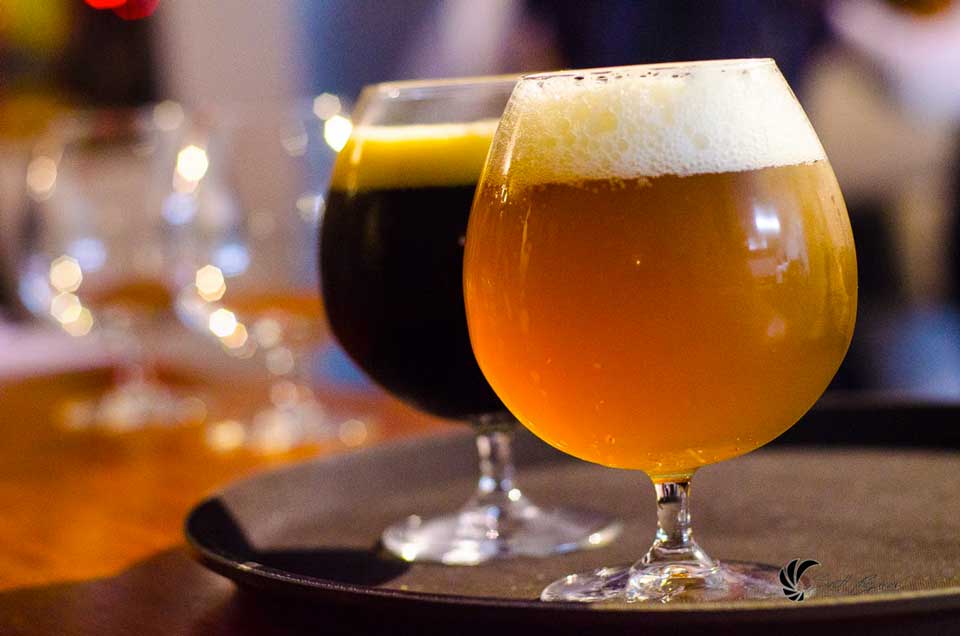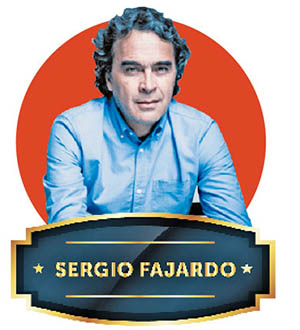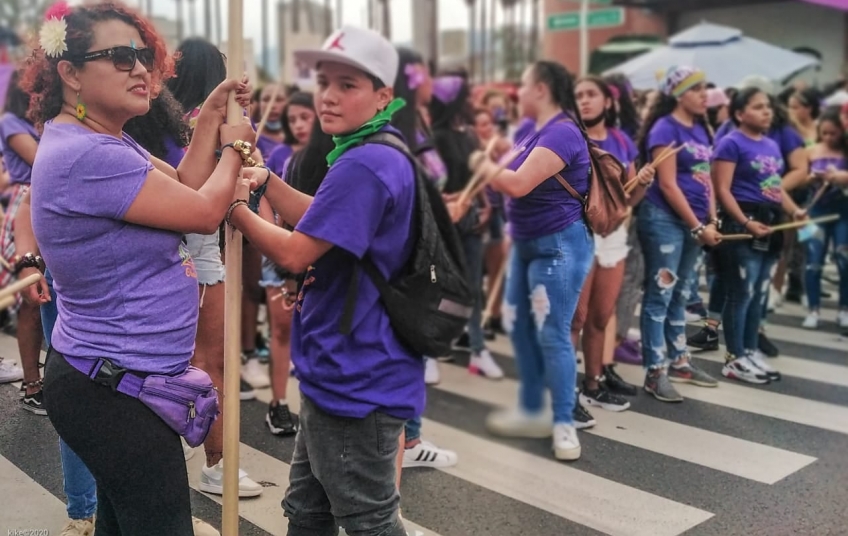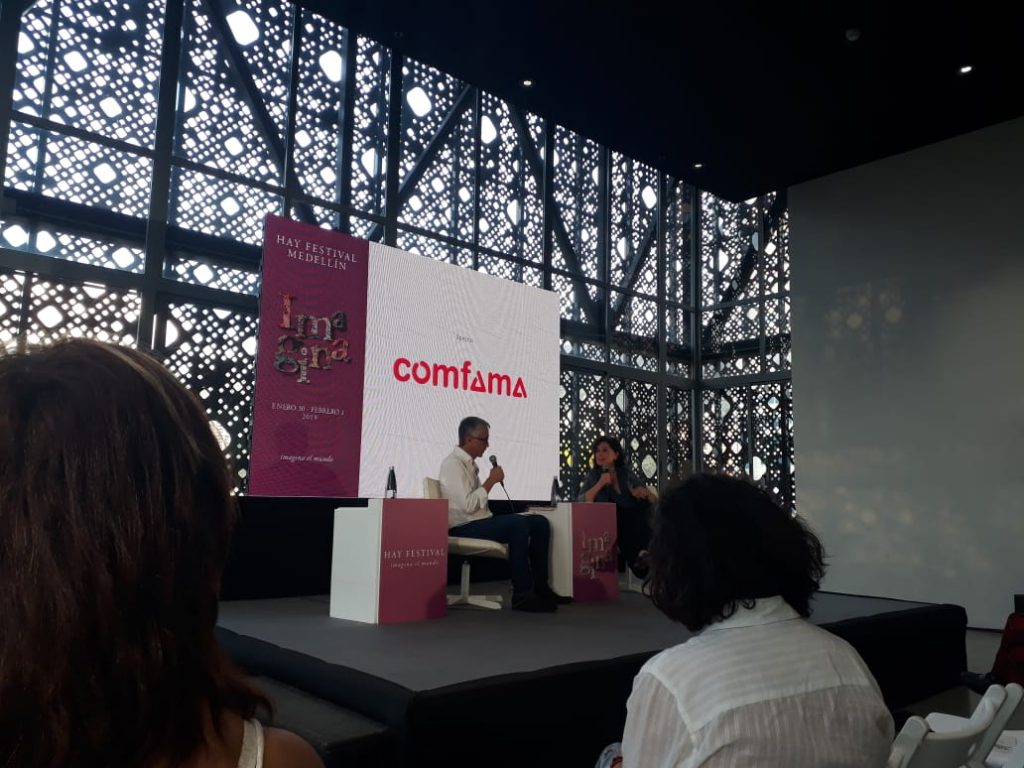
Laura Restrepo’s fascination with politics was evident within moments of our meeting at Medellín’s 2019 Hay Festival for Literature.
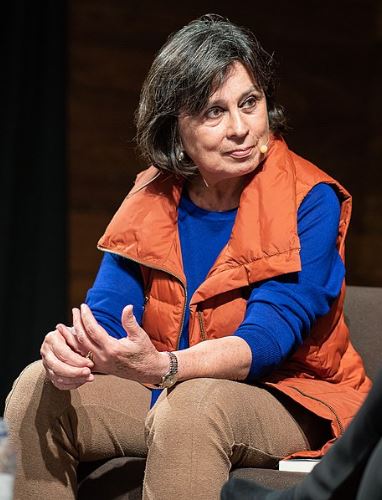
Small talk about Barcelona – her current home of five years – raised the subject of the region’s complicated political relationship with the rest of Spain, one of the reasons she most enjoys living there, she claimed.
A journalistic-like curiosity was also one of the first things about Restrepo that caught my attention.
“Where are you from?” she asked me. On learning I was from the UK, she immediately questioned me about the political progress of Brexit, wearing a facial expression communicating a sense of concern that could only be interpreted as genuine.
Bogotá-born Restrepo begun her career as a journalist, writing about politics in the Colombian weekly Semana, where she went on to become political editor.
The early years of Restrepo’s career sent her abroad to Central America and the Caribbean to cover local conflicts, into the Colombian government’s peace negotiations with the M19 guerrilla group, and to political exile in Mexico, where she lived for six years.
Inspired by her own personal and professional experiences, Restrepo decided to dedicate the rest of her writing career to fiction, allowing her to address themes such as political conflict and feminism in a more abstract way.
However, whether it be through her uniquely subtle way of weaving social criticism into novels, or writing fiction based on real events, Restrepo’s literature is undoubtedly shaped by the journalist within her.
“I investigate but then I let the investigation rest a bit, I try to forget it as much as possible and then I start to rebuild it,” she told The Bogotá Post.
Using fiction to relay fact in a retrospective and analytical way is a skill perhaps most evident in Restrepo’s latest novel, Los Divinos, the discussion point for the Hay Festival panel which took place at Medellin’s Museum of Modern Art.
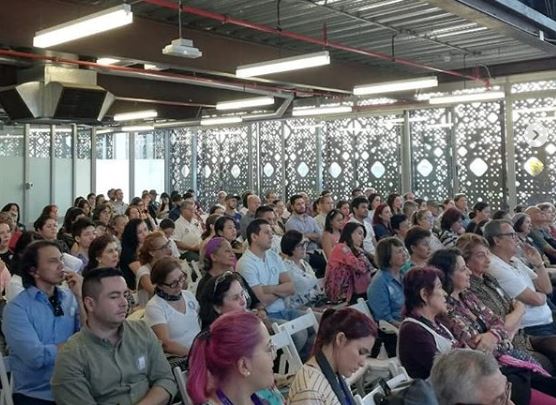
In conversation with fellow writer Juan Diego Mejía, the pair talked about how Restrepo took the 2017 femicide of seven-year-old Yuliana Samboní and used Los Divinos as an attempt to explain her interpretation of the reasoning behind this brutal crime.
According to Restrepo, this is the advantage of fiction. It is a means of distancing oneself from the facts in order to understand them, “reflect on them” and learn from them.
“The problem is that conflict, violence and war distance you from yourself, they distance the human being from its own intimacy, this is one of the immediate repercussions, that there is no longer space for introspection.”
“Literature allows you to calm down a bit, to objectify, to get things out of your system,” Restrepo explained.
Beyond a journalistic recounting of the facts, literature “allows you to look within yourself, to see how things are affecting you…more than what happened, what feelings does this thing that happened evoke in you?”
“The difference between literature and journalism,” she said, “is [just] the speed.”
Los Divinos by Laura Restrepo is out now in Spanish and published by ALFAGUARA.

